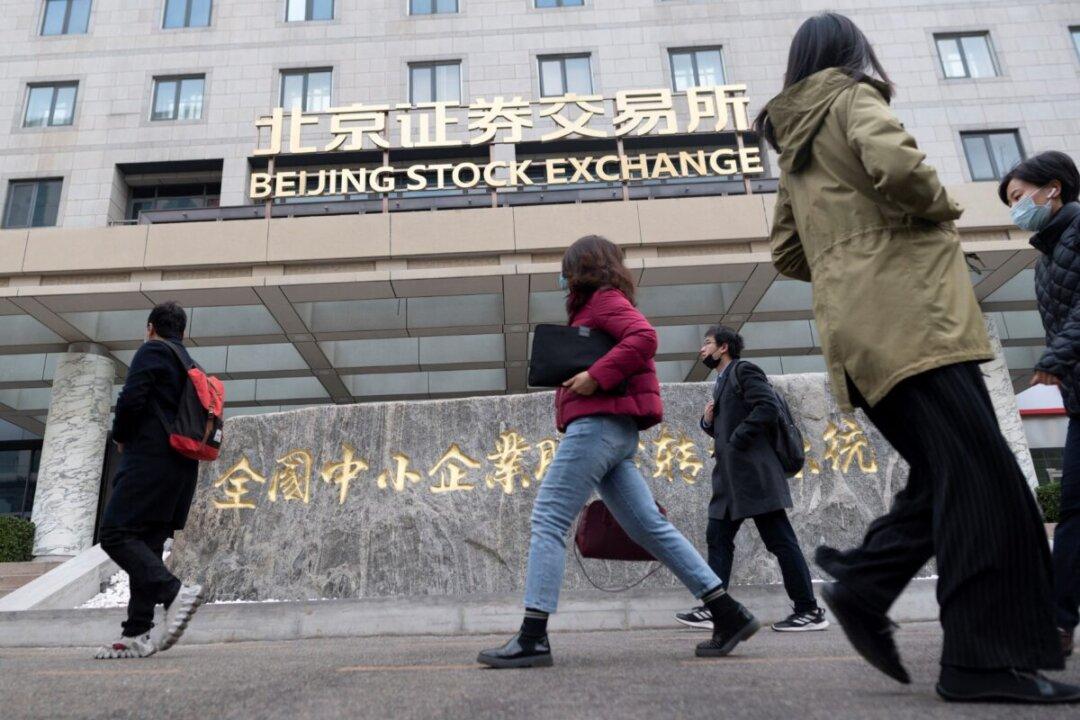A Chinese Wall Street banker and venture capital tycoon was taken away by Beijing public security forces for alleged misappropriation of funds.
Caixin, a Chinese financial media, reported the arrest of Wang Chaoyong, 56, through multiple sources on Dec. 16. The same day ChinaEquity Group also announced that it has neither been able to contact Wang, who serves as the company’s chairman, nor received any notice from the public security and judicial authorities. The company issued a stock suspension statement (pdf) saying that exchanges would be suspended from that day until Dec. 29.





